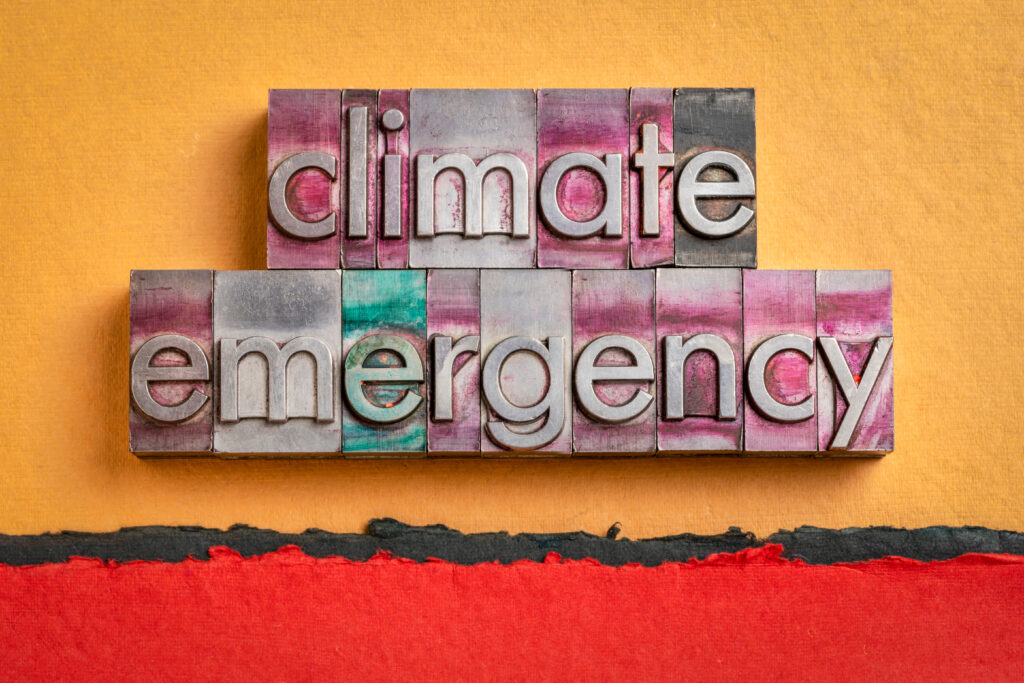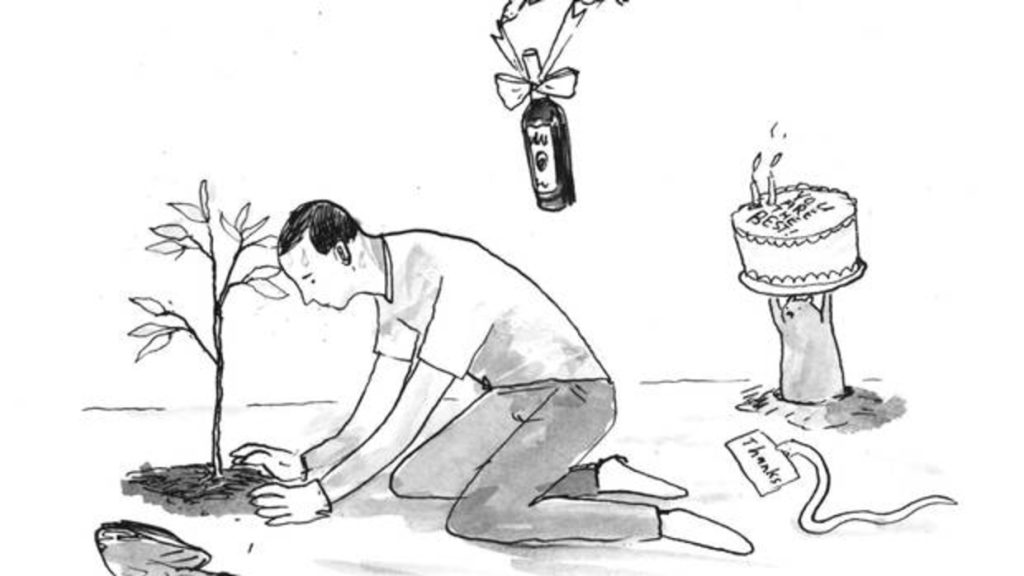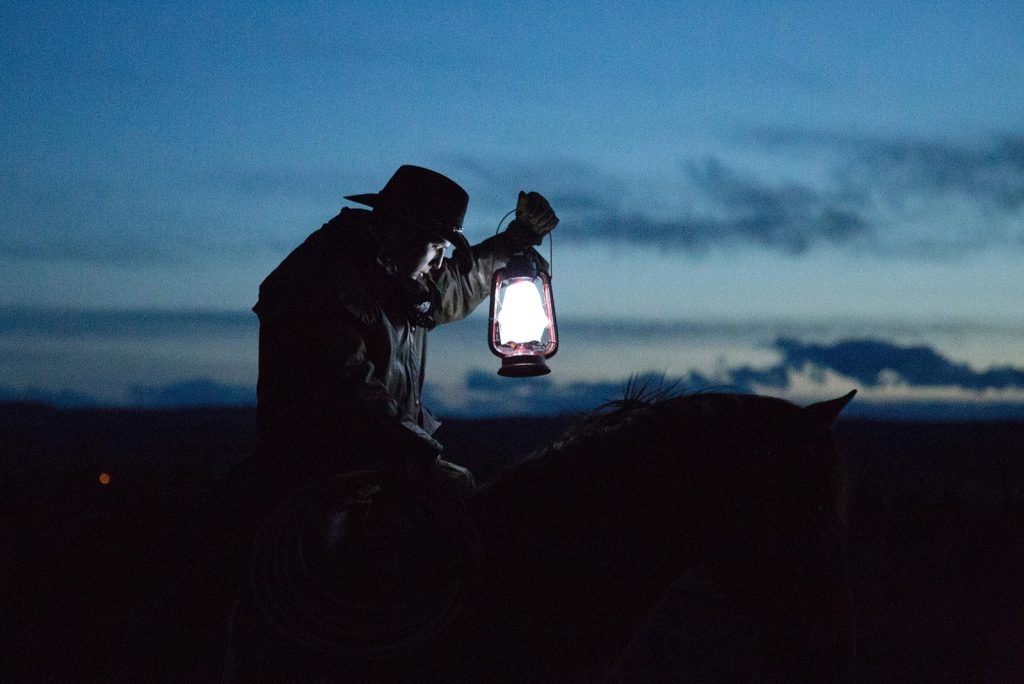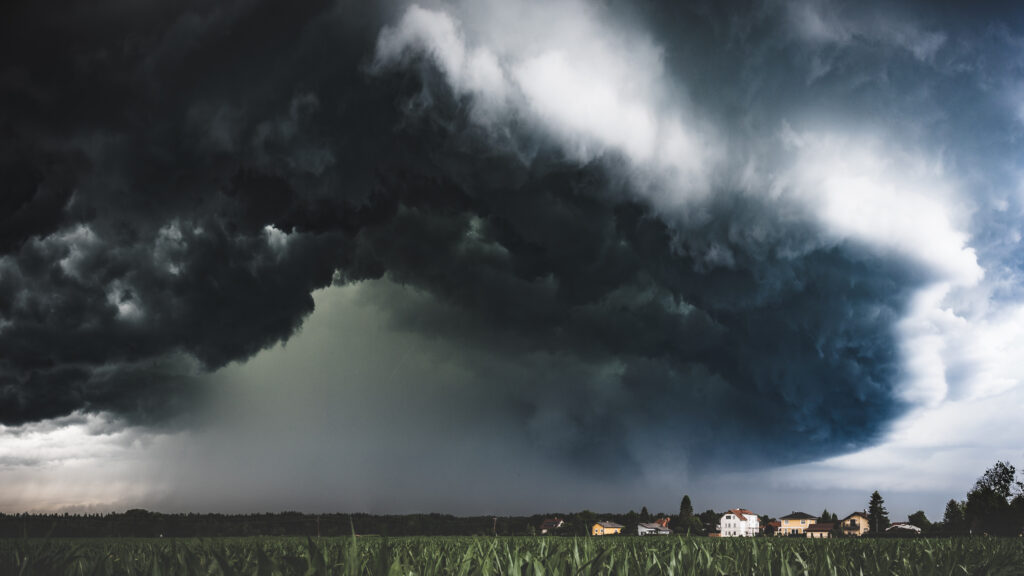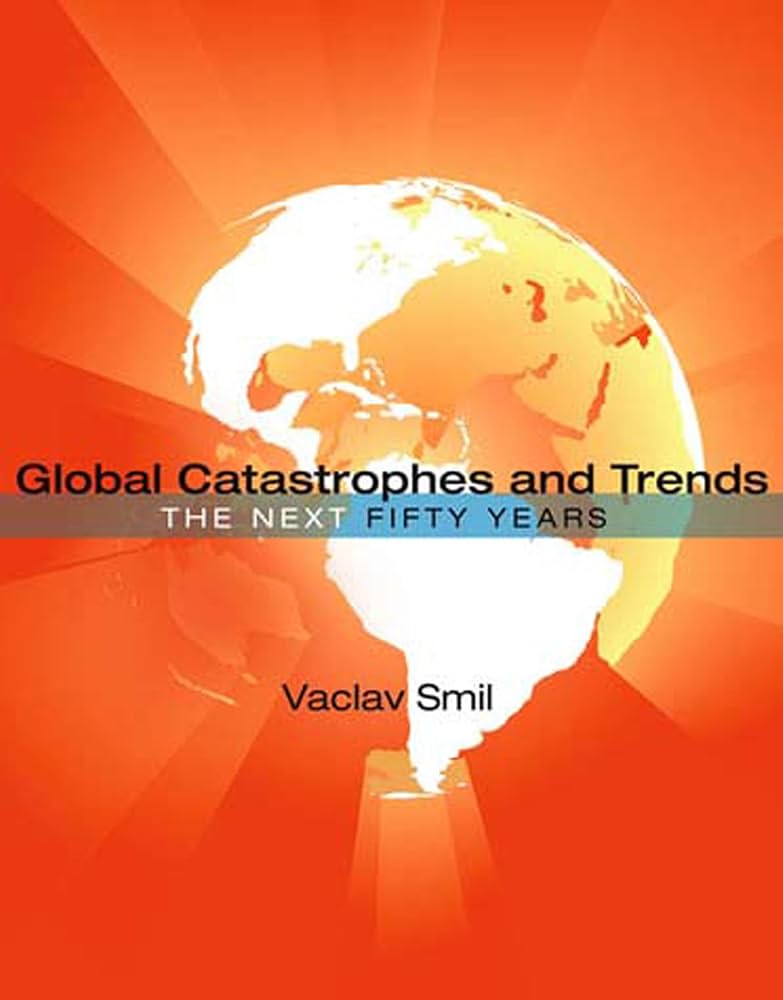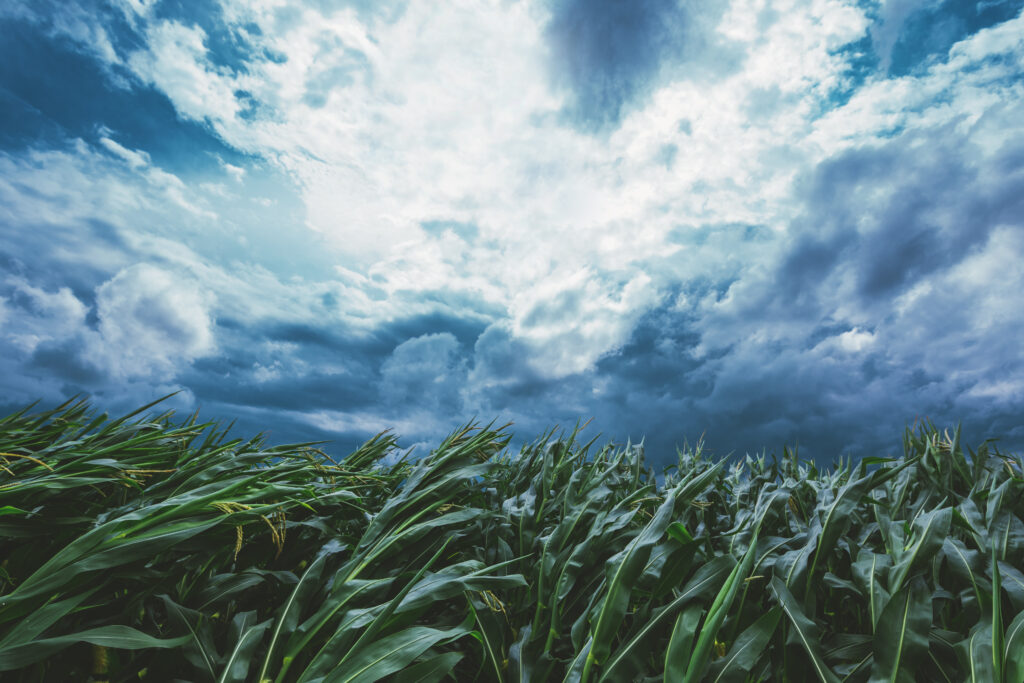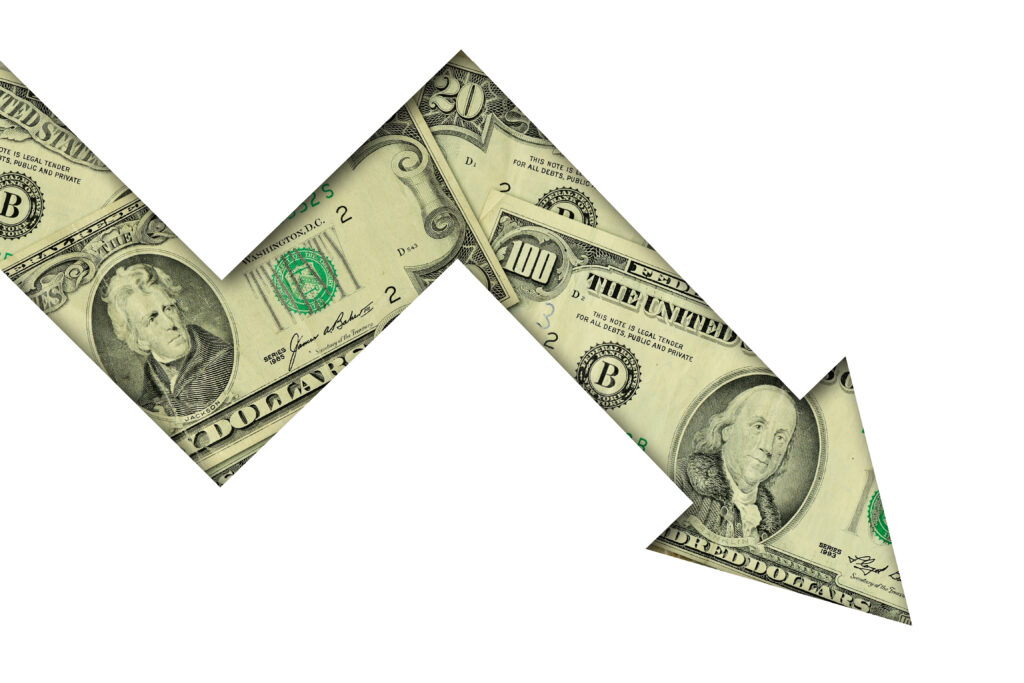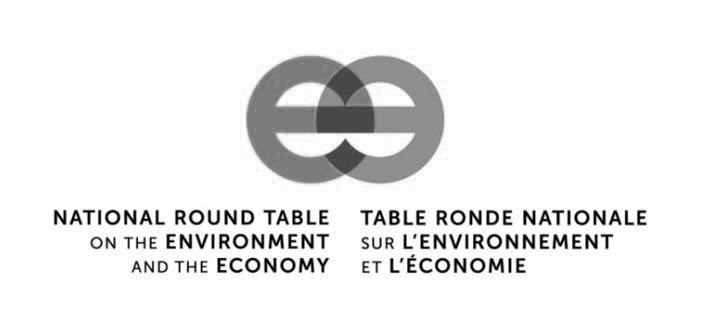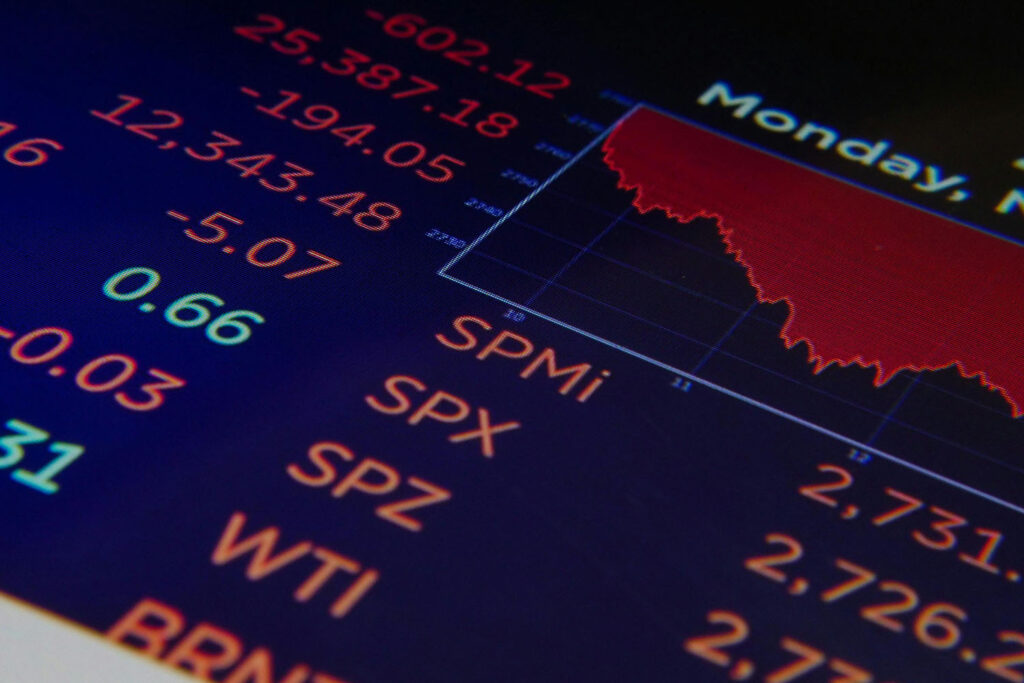Fear is bad, according to conventional wisdom. Our economy is in trouble, we hear, because banks are too afraid to lend and consumers and companies too afraid to spend. Less lending and spending further depresses the economy, which begets more fear. And to top it all off, some analysts irresponsibly exploit these fears for their own ends, by arguing that the crisis may get far worse before it gets better, and in the process sensationalize and exaggerate the problem.
But, in this case, conventional wisdom is wrong. The truth is that fear is good. The economic crisis we’re facing is not at root the result of too much fear but of too little.

